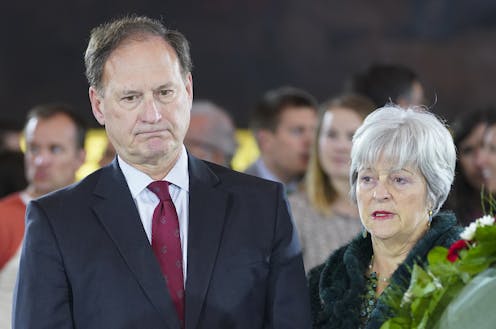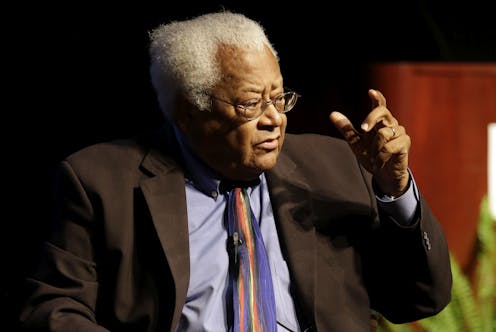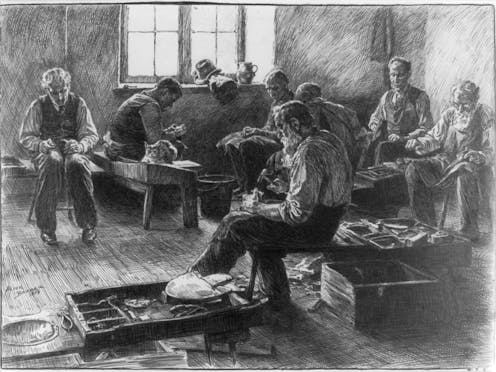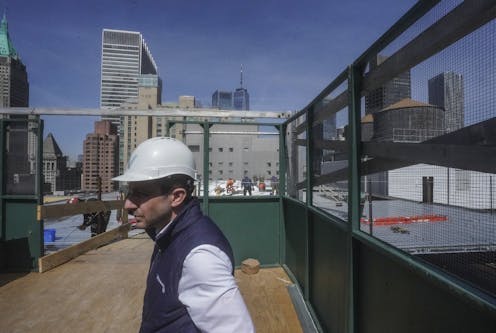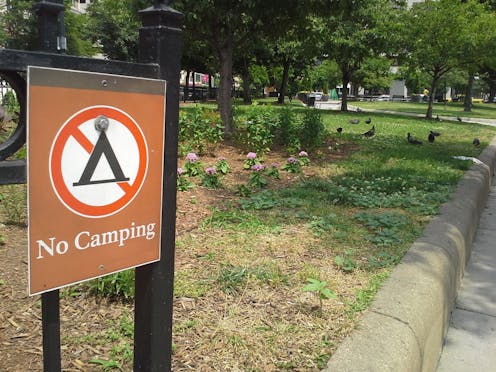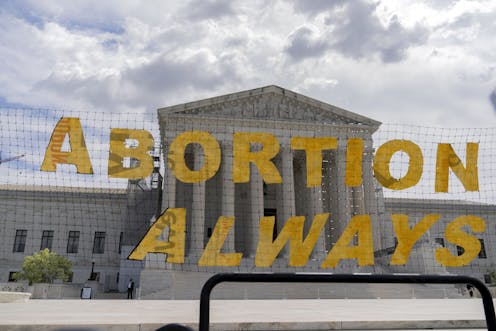Peter Dutton makes Labor’s case. Tax breaks for landlords should be restricted to those who build homes

Opposition Leader Peter Dutton might have done us a favour.
As part of his budget reply speech on Thursday night he promised to stop foreigners buying existing Australian homes.
He didn’t only want to stop foreigners buying existing homes to live in, something they are able to do while here temporarily, as long as they they sell within three months of moving out.
He also wanted to stop them buying existing Australian homes to let to renters. He wanted to stop them being landlords. Not because landlords deprive us of homes to live in (they don’t) but because they deprive us of homes to own.
Every existing home that is owned by a landlord is a home that isn’t owned by an owner-occupier. It’s maths.
Foreign investors outbid residents
It was, Dutton said, pretty unfair to be at an auction “bidding against somebody who has very deep pockets and somebody who’s not an Australian citizen”.
Stopping foreign investors would help restore the “dream of home ownership”.
Here’s the favour. Dutton has pointed out something that’s true for all investors. By bidding against people who want to buy existing homes to live in, they are pushing up the price of those homes. When they succeed in buying an extra home, they ensure an owner-occupier does not.
Dutton has spelled out the maths.
He has acknowledged that, for foreign investors, the numbers aren’t big. It’s already hard for them to buy existing properties. In 2021-22, the most recent year for which we have figures, only 1,339 foreign investors bought existing properties.
But he told 3AW’s Tom Elliott that if there was anything that could be done, no matter how little, he would “jump at it”.
Local investors also outbid residents
There is something much bigger that could be done, which is to extend his idea to all would-be investors – every one of them who turns up at an auction for an existing property and bids against someone who wants to buy it to live in.
It’s hard to think of reasons why investors should be supported to bid against intending homebuyers. In the quarter century since the headline rate of capital gains tax was halved in 1999, investors have been supported by a particularly effective blend of negative gearing and capital gains tax concessions.
An extraordinary 2.2 million Australians now own investment properties – one in every six taxpayers. Seventy percent of them own two investment properties or more.
In the census before the change, 25.5% of households headed by someone aged 35-54 rented. In the most recent census it was 33.7%.
This isn’t because of a shortage of supply. It’s because a bigger chunk of the supply has been grabbed by landlords at the expense of Australians who in earlier years would have owned.
Had that bigger chunk not been grabbed, hundreds of thousands more Australians would own the homes they live in.
No one objects to investors who build new homes, increasing supply – certainly not Dutton. The two-year ban he put forward in his budget reply speech would have only stopped foreign investors buying existing properties. There would be nothing to stop them building and letting out new ones.
That’s how you would design a grander Dutton-style plan that applied to all investors. Labor put one forward at the 2016 and 2019 elections.
Labor had a plan like Dutton’s
Under Labor’s 2019 plan, negative gearing – the tax break that allows investors to write off losses they make from renters against their wage income – would no longer be available to new investors, except those who actually provided new homes.
Labor planned to
put negative gearing to work by limiting it to new investment properties to help boost housing supply and jobs
Negative gearing isn’t being put to work right now.
In March, the most recent month for which we have statistics, only 2,048 of Australia’s 16,948 property investment loans were for building new homes. Most of the rest went to investors who were going to compete against would-be residents to buy existing properties.
Labor says that’s no longer its plan. On ABC Q&A on Monday Treasurer Jim Chalmers said he “wasn’t attracted” to the idea of changing negative gearing.
Yet he repeatedly said there was “no substitute for building new homes”
What Labor proposed in 2016 and 2019 would have directed investors towards building new homes.
It’s worth doing both because it would help create new homes and because it would reduce the number of would-be landlords going up against would-be homeowners at auctions.
One of those intending homebuyers, Jessica Whitby, who was outbid at an auction in Chalmers’ electorate, asked him on Monday to “disincentivise people who are purchasing multiple investment properties to assist first home buyers to get into the market sooner”.
Chalmers replied the thing that mattered most was supply, but he didn’t mention that what Whitby was proposing used to be Labor Party policy, didn’t acknowledge that it would encourage supply, and didn’t acknowledge that (in theory at least) Dutton appears to agree with him.
Support from many quarters
And not only Dutton. Scott Morrison expressed concern about the “excesses” of negative gearing as treasurer in 2016. His predecessor, Joe Hockey, said on leaving parliament that negative gearing should be skewed toward new housing so there was “an incentive to add to the housing stock”.
It’s as if almost everyone can see the sort of thing that needs to be done.
Australia’s negative gearing and capital gains tax concessions are incredibly expensive. The treasury costs negative gearing alone at $2.7 billion per year.
At least in principle, there’s agreement about how to make it work for us.
Authors: The Conversation




